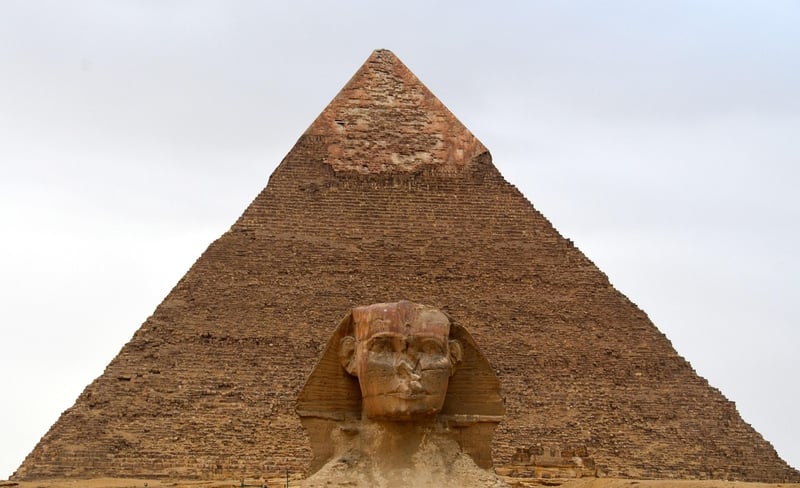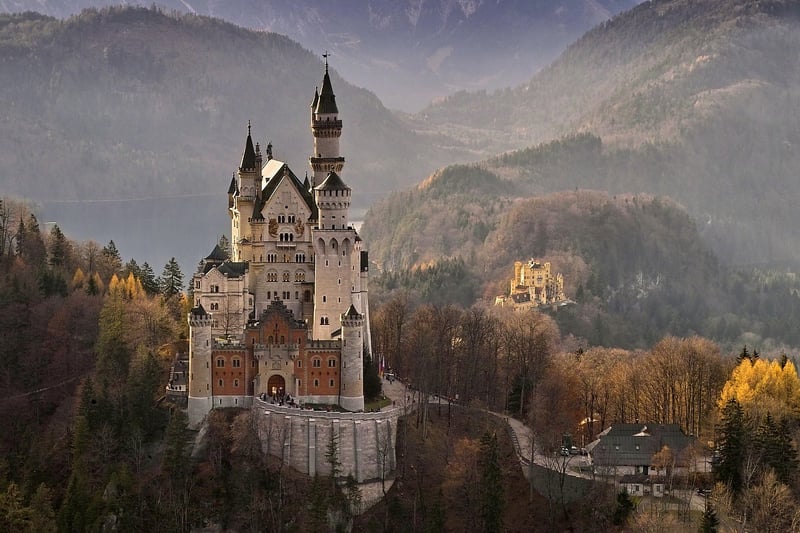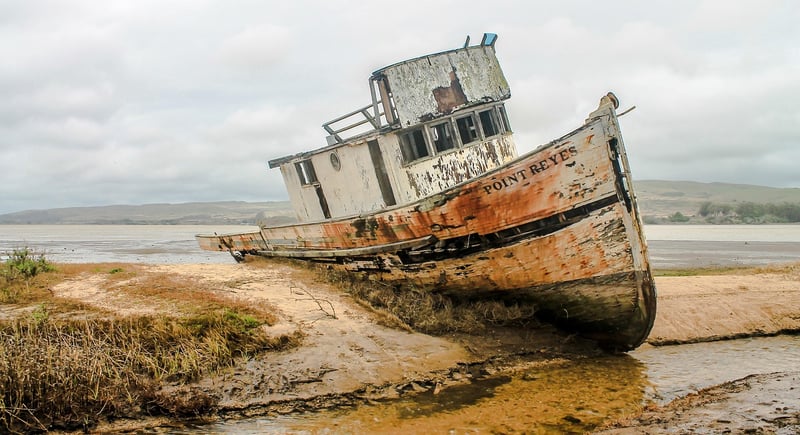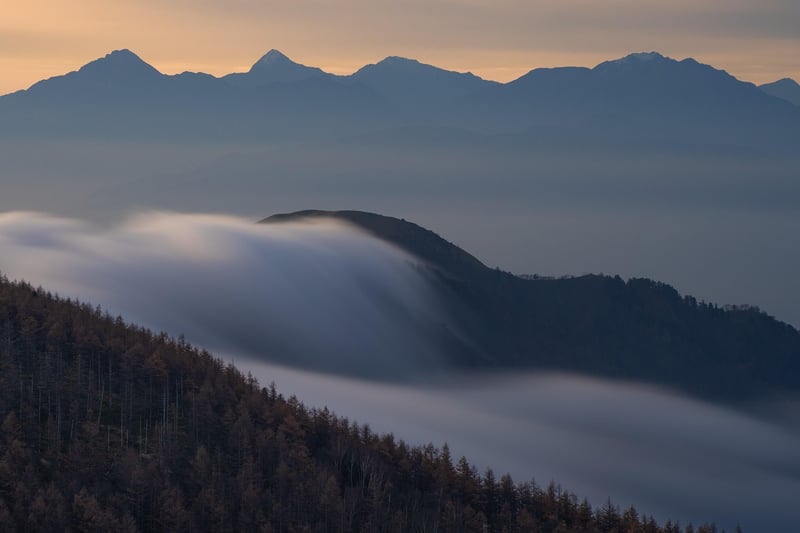Future Exploration
Exploring Different Time Periods and Future Exploration
Introduction
Exploring different time periods allows us to learn about the past, understand how societies have evolved, and appreciate the advancements that shape our present. Additionally, contemplating future exploration opens up possibilities for new discoveries, innovations, and the expansion of human knowledge beyond current boundaries.
Ancient Civilizations
Ancient civilizations such as the Egyptians, Greeks, Romans, and Mayans left behind rich cultural heritage, architectural marvels, and technological innovations that continue to fascinate historians and archaeologists. Exploring their ruins, artifacts, and texts provides valuable insights into how these societies functioned and interacted with their environment.

Medieval Times
The medieval period in Europe was characterized by feudalism, chivalry, and the rise of powerful kingdoms and empires. Castles, cathedrals, and manuscripts from this era offer a glimpse into the religious, social, and political aspects of life during the Middle Ages.

The Age of Exploration
The Age of Exploration saw European sailors embarking on voyages of discovery, opening up new trade routes, and encountering diverse cultures around the globe. Explorers like Christopher Columbus, Vasco da Gama, and Ferdinand Magellan expanded horizons and connected distant lands.

Industrial Revolution
The Industrial Revolution revolutionized production, transportation, and communication, leading to urbanization and technological advancements that shaped the modern world. Studying this period sheds light on the shift from agrarian societies to industrial economies.

Future Exploration
Looking ahead, future exploration encompasses space exploration, deep-sea research, sustainable technologies, and artificial intelligence. Scientists, engineers, and visionaries are working towards colonizing other planets, harnessing renewable energy, and creating intelligent machines that may redefine humanity's future.
Conclusion
Exploring different time periods allows us to appreciate the complexities of human history and the diversity of human experiences. By looking to the future, we can envision a world of endless possibilities and strive to push the boundaries of knowledge and innovation beyond our current understanding.
